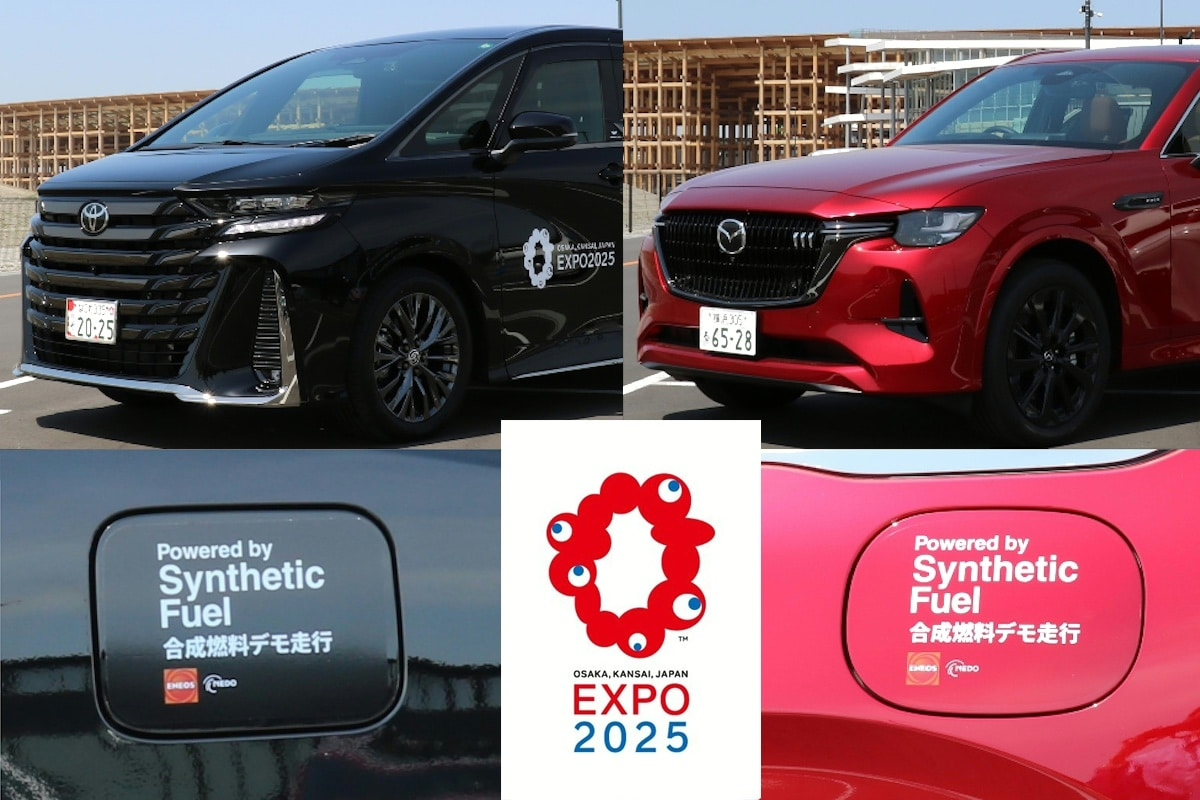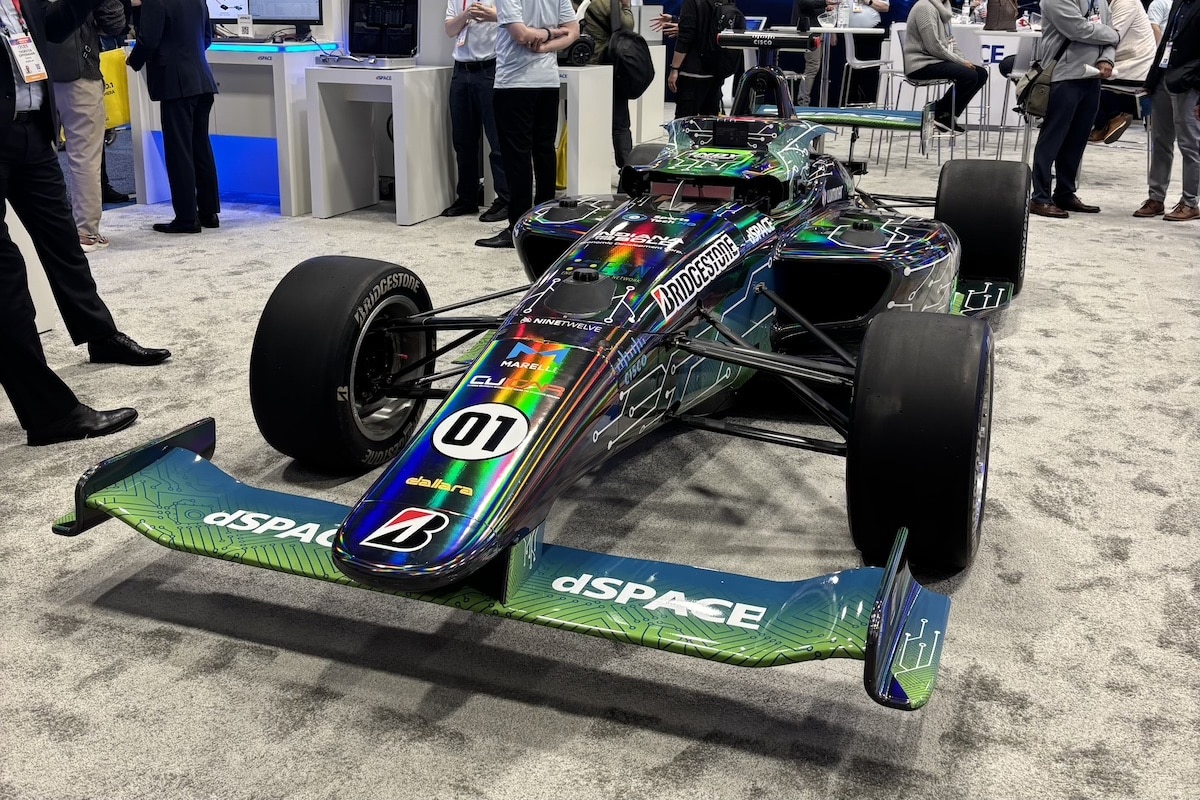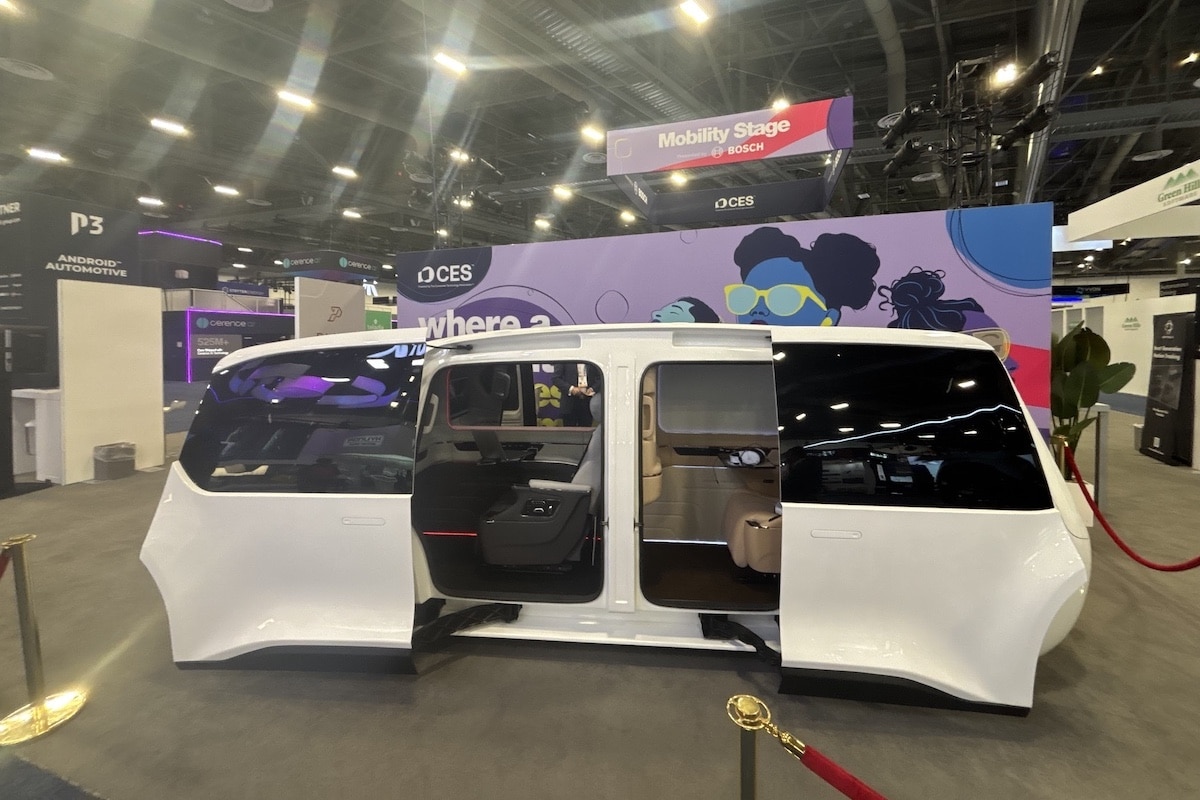The Universal Exposition runs on synthetic fuel

It is an unexpected collaboration among Japanese Automakers that could save the thermal engine thanks to Synthetic Fuel.
This ambitious collaboration around synthetic fuel brings together ENEOS Corporation, Suzuki, Subaru, Daihatsu, Toyota, and Mazda. There’s no need to look far to understand that Toyota is leading this initiative, but convincing its partners to participate was the real challenge. Together, these major automotive industry players are committed to developing and using synthetic fuels to reduce the carbon footprint of thermal vehicles.
This initiative takes a concrete step within the framework of the 2025 Universal Exhibition, which opened this weekend in Osaka, Japan, and runs until October 13. These companies will supply vehicles operating with a synthetic fuel blend to transport visitors and staff on the event site. The fuel, produced with support from the Green Innovation Fund of the NEDO organization, is manufactured in a pilot plant inaugurated in September 2024 at the ENEOS Central Technical Research Laboratory.
Compatible, but still too expensive
The innovation relies on the use of hydrogen derived from renewable energies combined with captured CO2 to create a fuel capable of reducing emissions throughout its lifecycle. As a liquid fuel, it benefits from existing infrastructure, making its widespread adoption easier. Tests conducted by Suzuki, Subaru, Daihatsu, Toyota, and Mazda confirm its effectiveness and compatibility with current internal combustion engines.
By introducing these vehicles during the Expo, the partners aim to demonstrate the potential of synthetic fuels as a transitional solution toward carbon neutrality. This approach is part of a broader sustainability vision outlined by the “Green Vision” of Expo 2025, embodying harmony between technology, ecology, and innovation.
This exceptional alliance illustrates the ability of industry leaders to transcend competition to address a global challenge. Combining expertise and shared vision, these companies are shaping a promising path for cleaner thermal vehicles, while paving the way toward a sustainable energy future. That future will depend on making this fuel affordable enough to compete with fossil energy, which is far from the case today.
This page is translated from the original post "L’Exposition Universelle roule au carburant synthétique" in French.
We also suggestthese articles:
Also read






